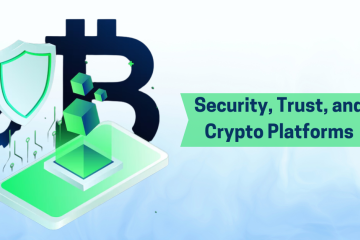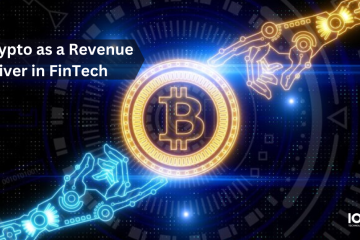The legal sector can be notoriously slow when it comes to adopting new technologies, as the American Bar Association’s (ABA) rules are extremely stringent. This is mainly to protect both law firms and client privacy, as improper language, or unsafe online procedures can spell disaster and have serious consequences. Having said that, while the immutable and secure nature of blockchain is disrupting other sectors, the legal sectors will have to adjust to meet new demands. In our post on the ‘4 Examples of Smart Contracts in the Real World’, we mentioned how smart contracts are already protecting intellectual property. But, in addition to smart contracts, a host of other blockchain innovations can be applied to the legal profession for legal firms to use in the future.
1. Real Estate and Property Rights
If you thought the ABA was slow to adopt technology and change, you just need to have a peek at the local government property office. With records kept in ledgers, paper deeds and property cards to track ownership, it’s easy to see how this sector is also stuck in the last century. This is particularly a problem in developing countries, which have a harder time keeping track of individual property rights and disputes, resulting in the issues being very common. India is a great example, as many of their records go back to colonial times, which has mired the country’s courts in property disputes. With that in mind, blockchain, with its inherent security and digital ledgers can fill the gaps and be an effective, immutable and secure method to store property rights data, like land ownership and transfer details.
2. Smart Contracts
To expand on smart contracts, in theory, the technology could spell the end of contract disputes and people not paying their bills. Blockchain smart contracts could separate the money at the start and send it automatically once all parts are satisfied. Crypto expert Nick Hall explains that the ancient art of ESCROW accounts and lack of trust that created the system in the first place could be eliminated. In addition, the automated nature of smart contracts will require less human interaction. Tech writer James Gonzales describes how certain smart contract clauses would essentially run themselves under the blockchain technology. But lawyers will still remain an important component for streamlined operations. Their focus will be on writing the right contract, rather than disputing the failure of contractual obligations in court.
3. Alternative Dispute Resolution (ADR)
When mediation is required between two parties who are engaged in a financial or business dispute, a lawyer is generally needed to facilitate mediation, due to the legal implications and the subjective nature of the dispute. The problem is that when the price of mediation ranges from $300-$600 an hour, with some more complex cases easily exceeding $50,000 or more, many individuals in need will not be able to afford it. A company called Kleros is seeking to change the process with a decentralized court system that will provide affordable arbitration built on crypto-economics. Kleros commits to a 90-day limit per case where both parties agree to the type and veracity of evidence to be used in the arbitration process. With the aid of anonymous volunteer jurors from around the world, Kleros aims to use the power of blockchain to bring justice to a decentralized world.
With a lot of tangible benefits in tow, the future of Blockchain is now and with able guidance and cooperations from other developments in law such as integration with courts, case management applications, and cloud storage of cases, Ionixx Technologies is perfectly positioned and adequately equipped to help clients navigate through this potentially disruptive technology.


